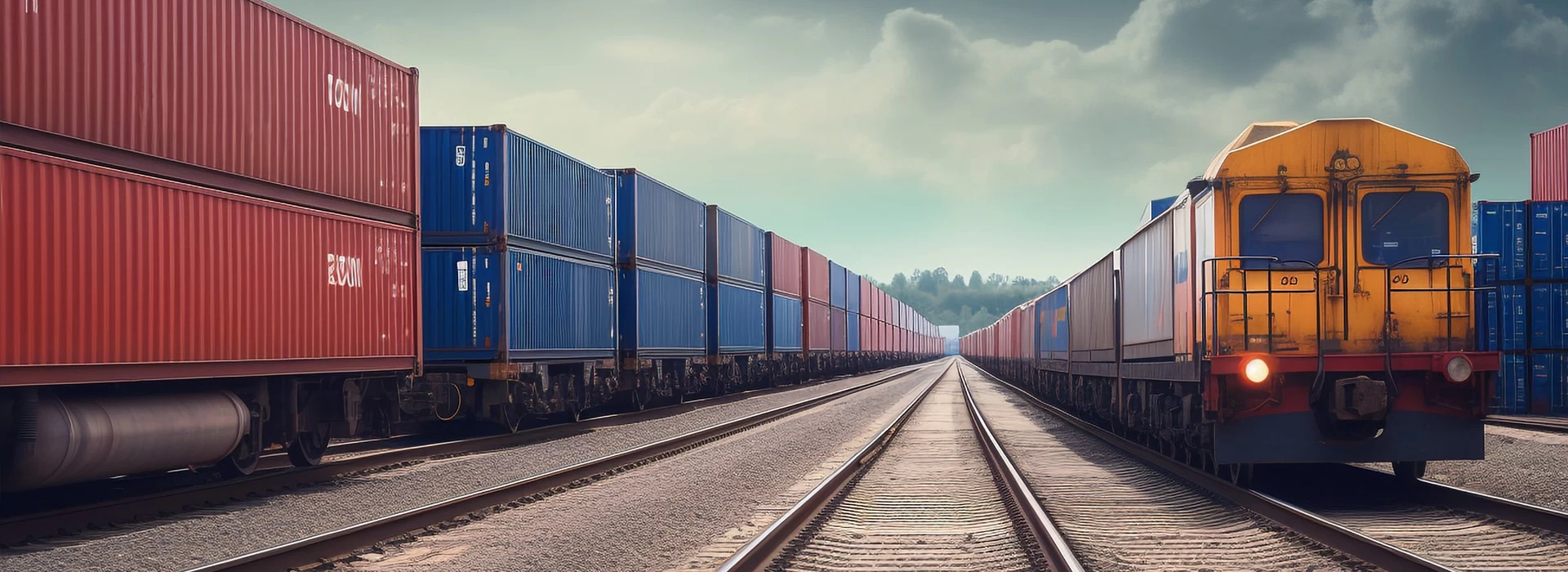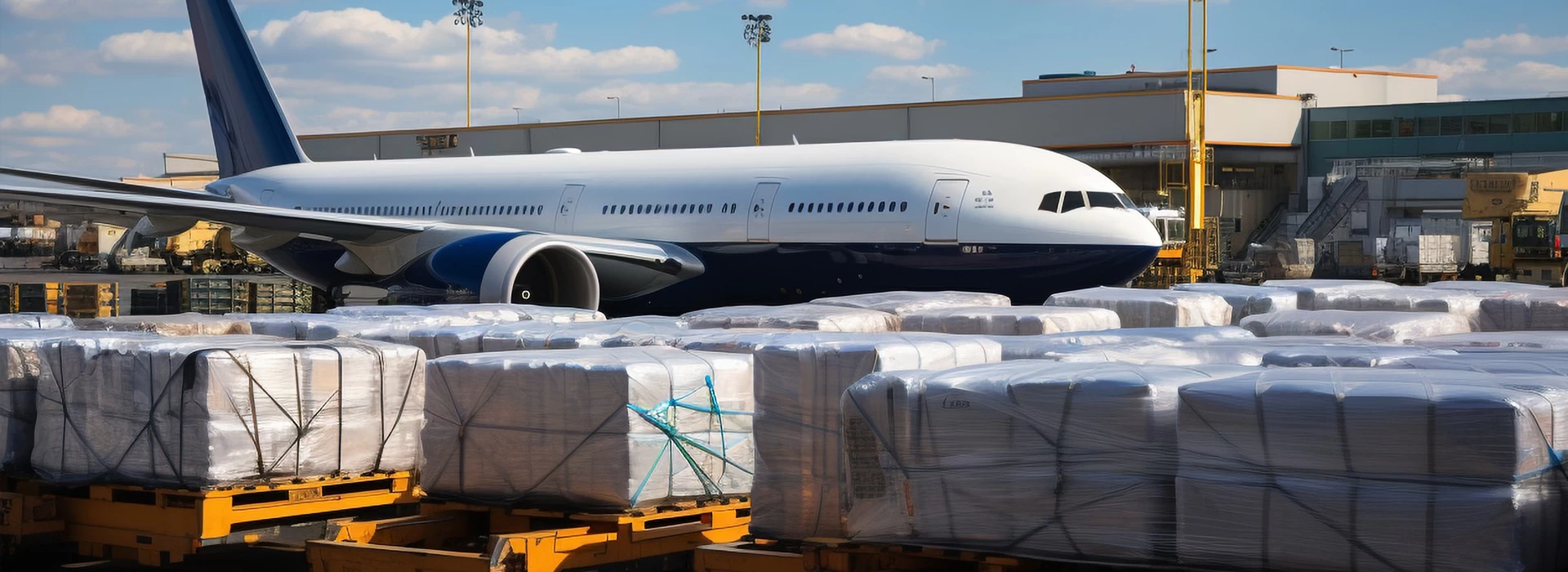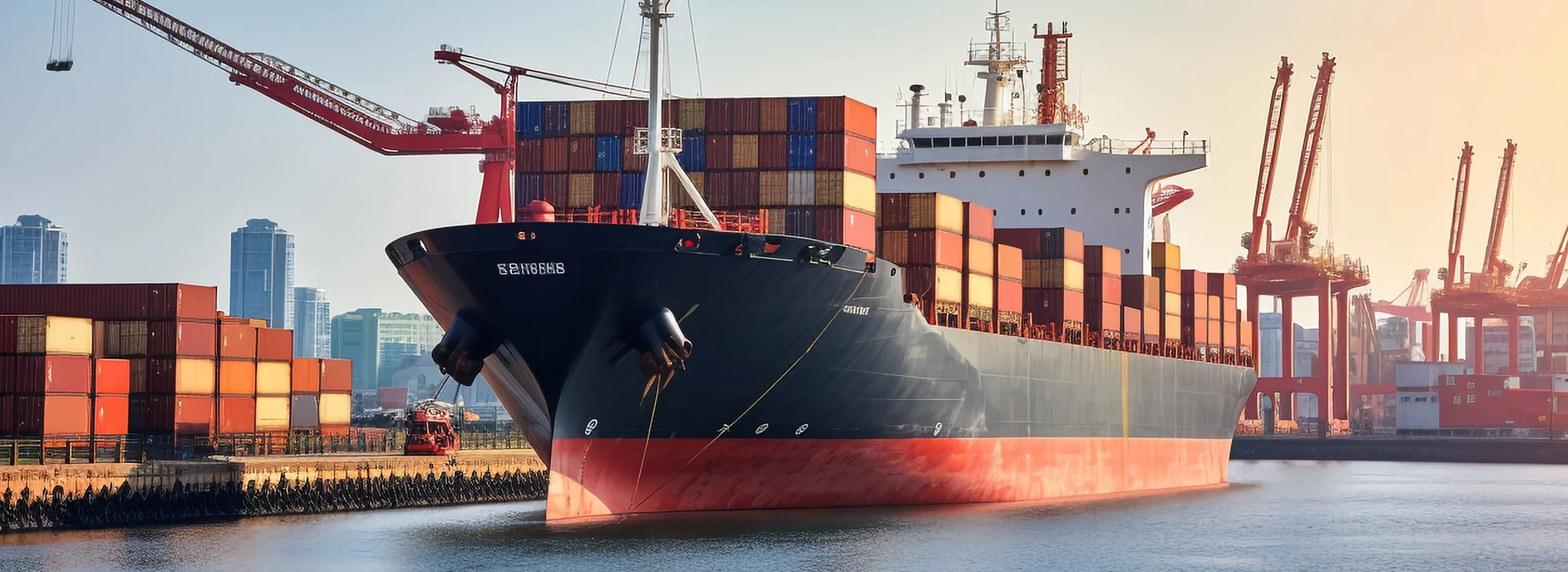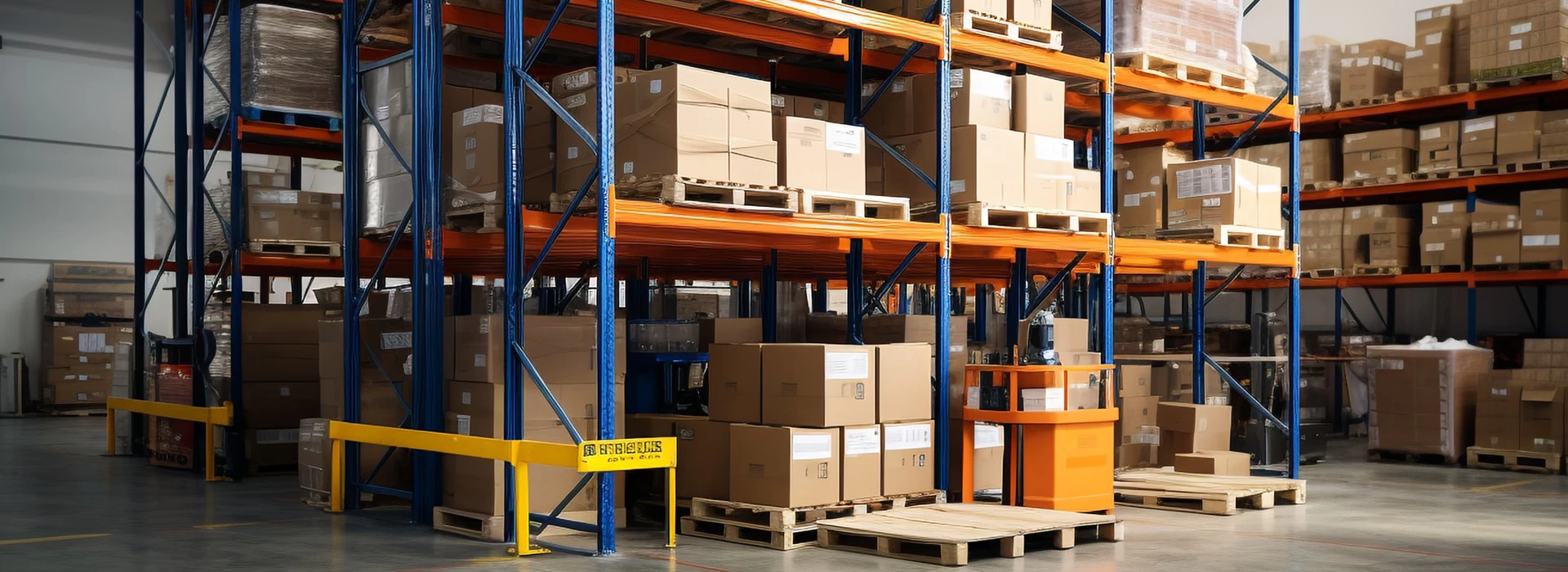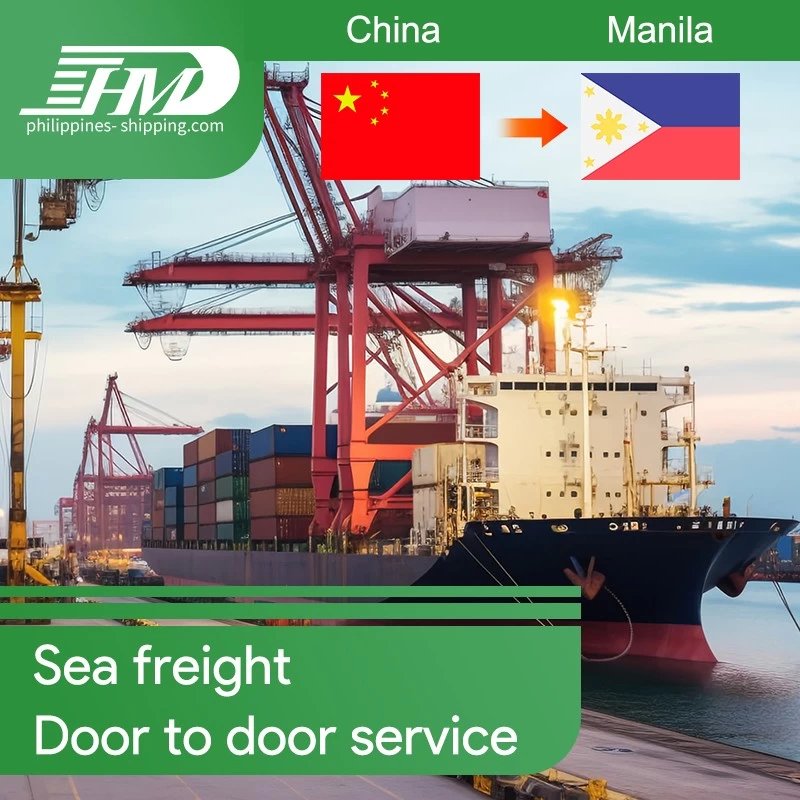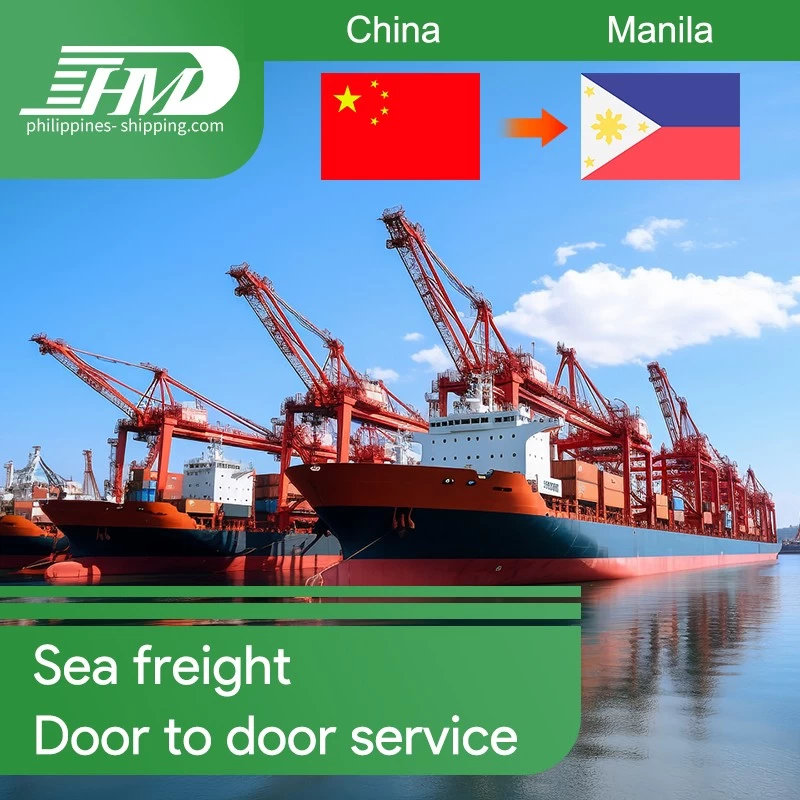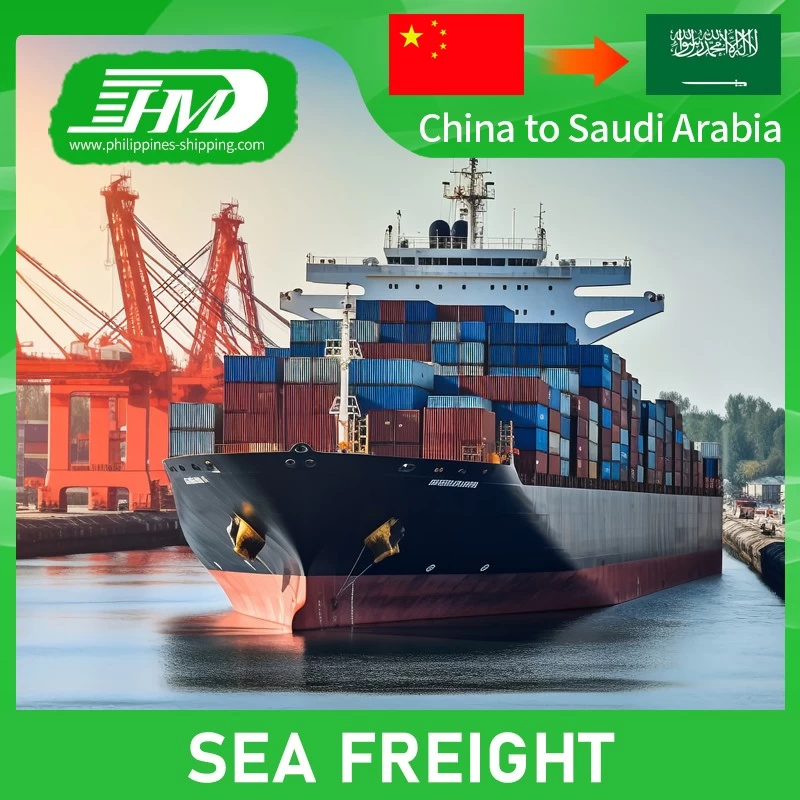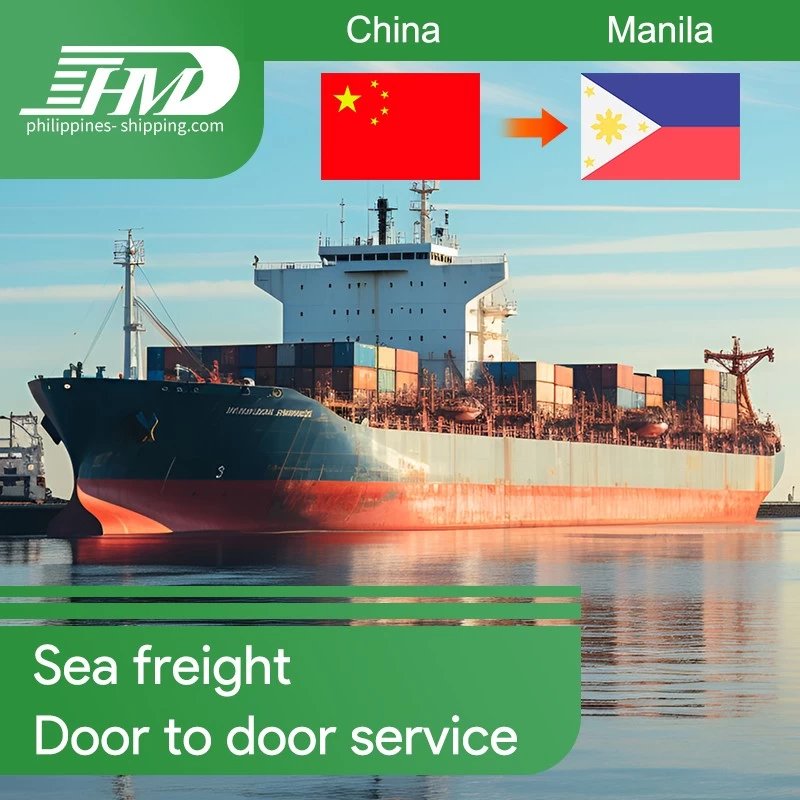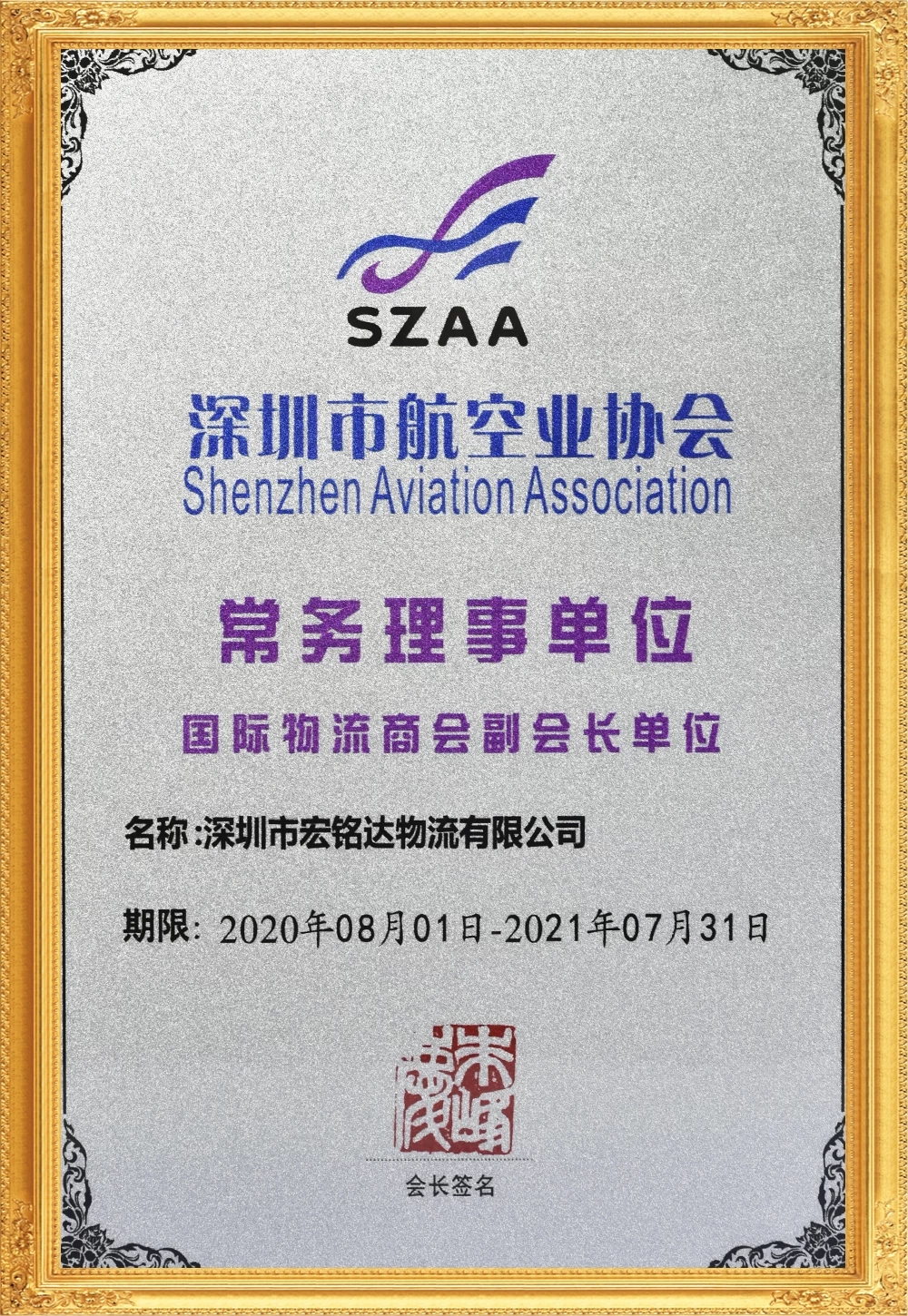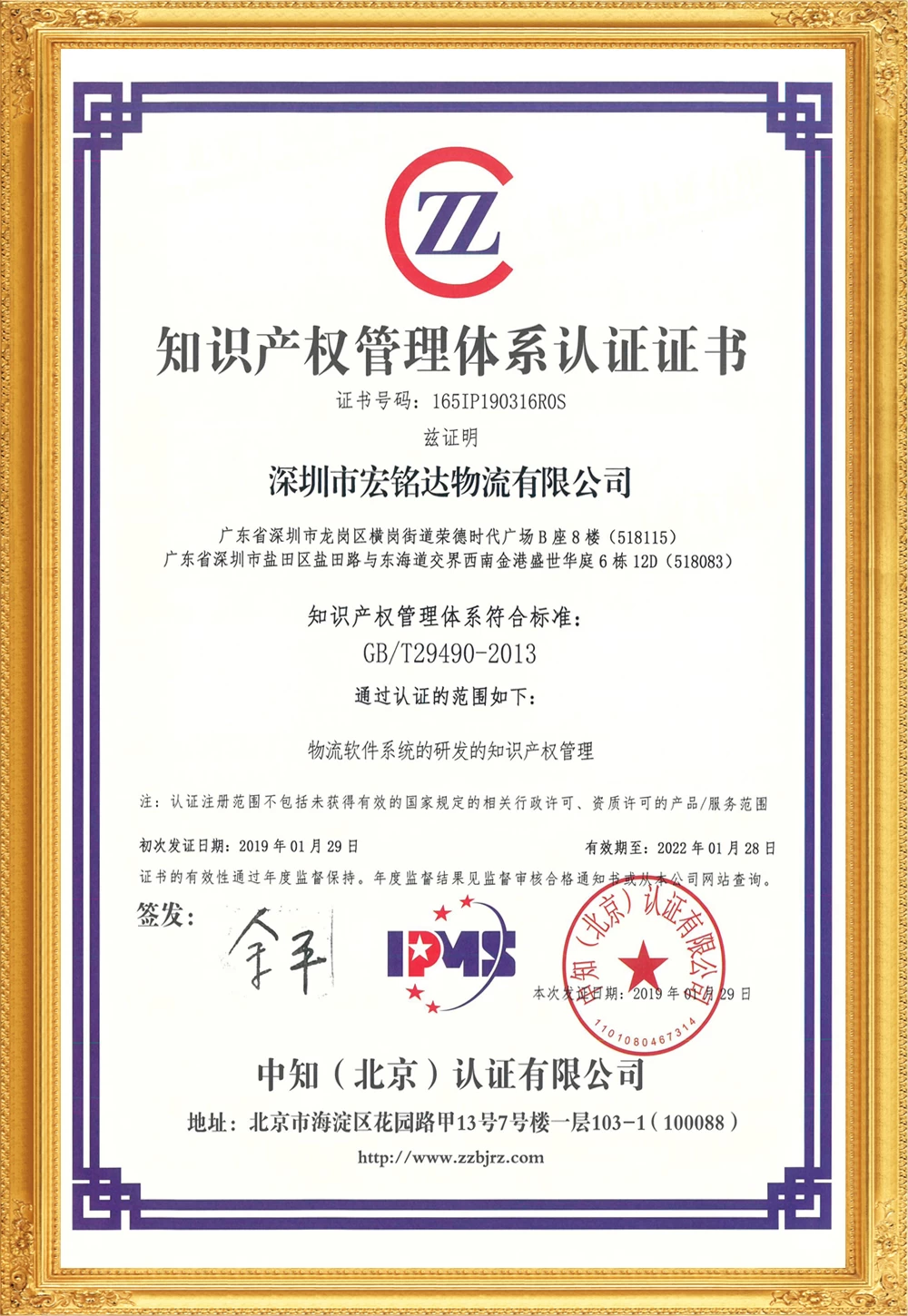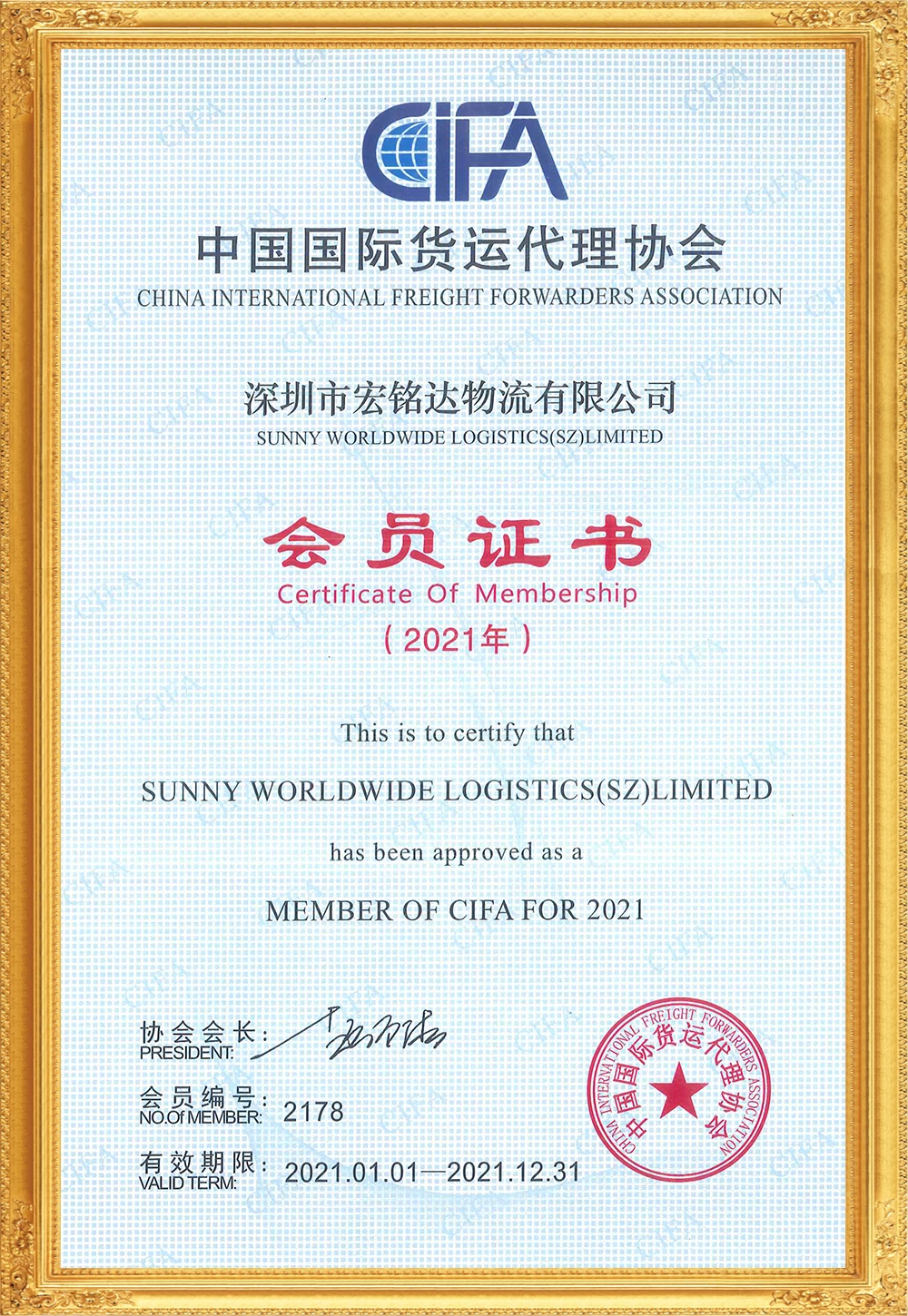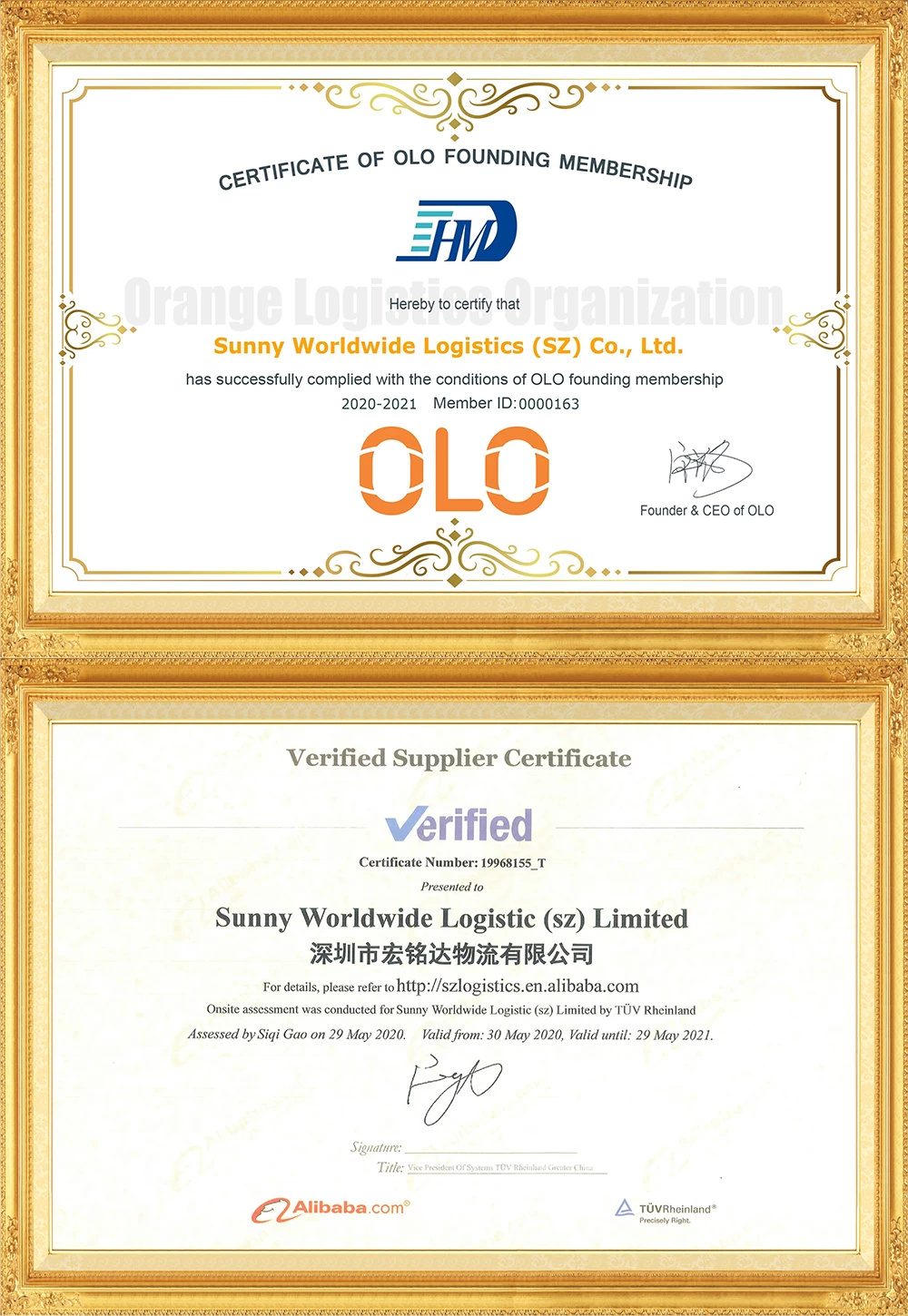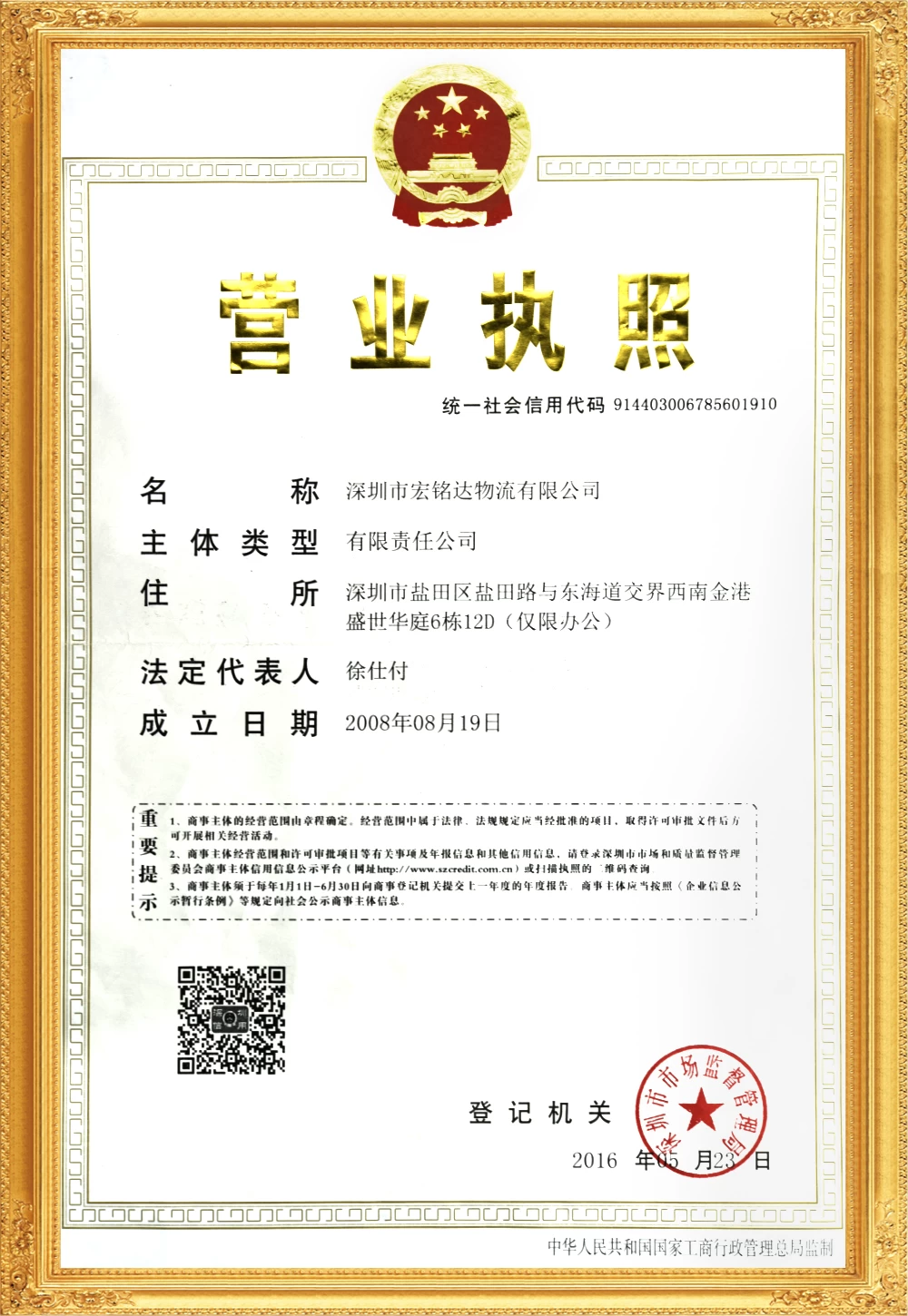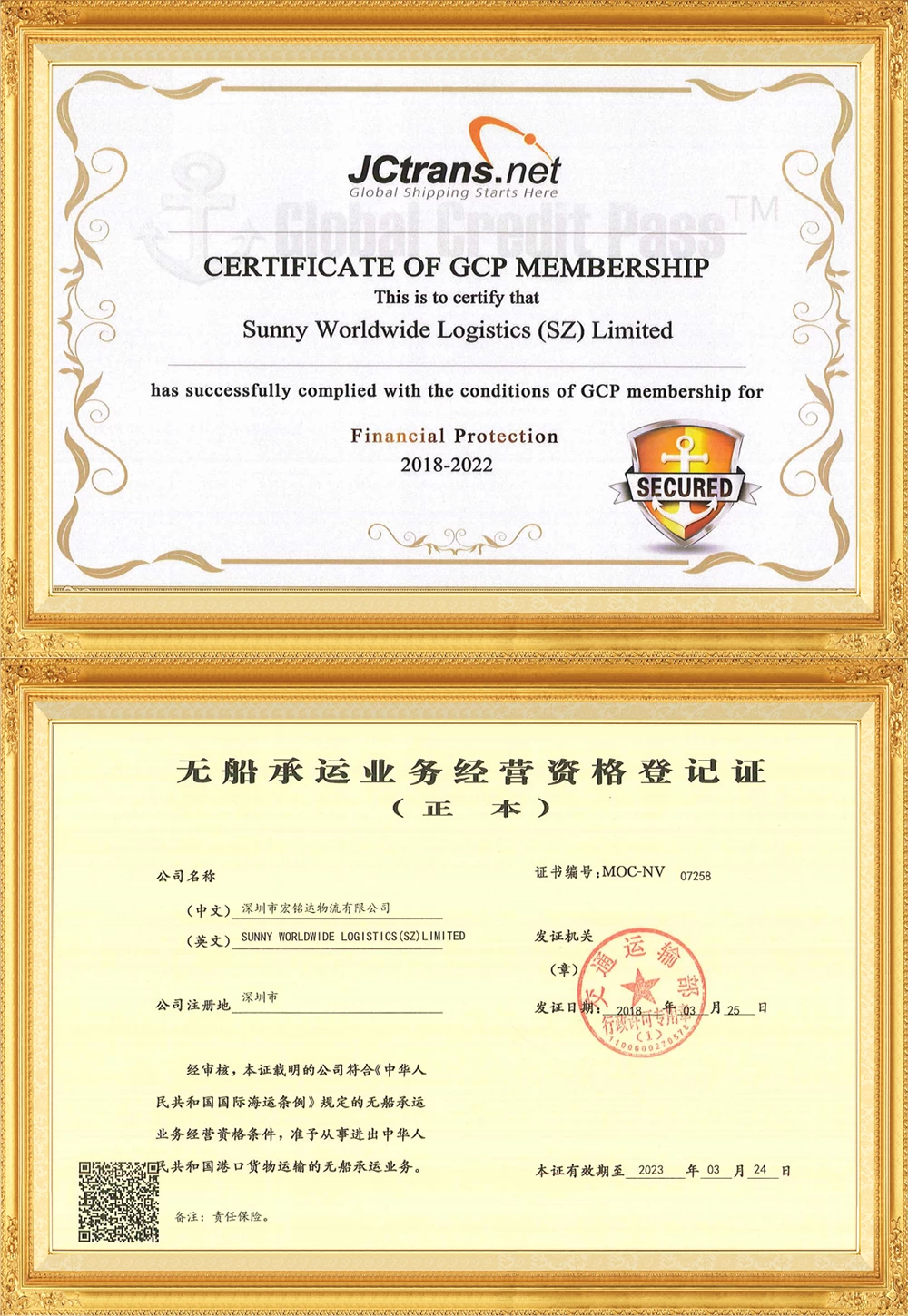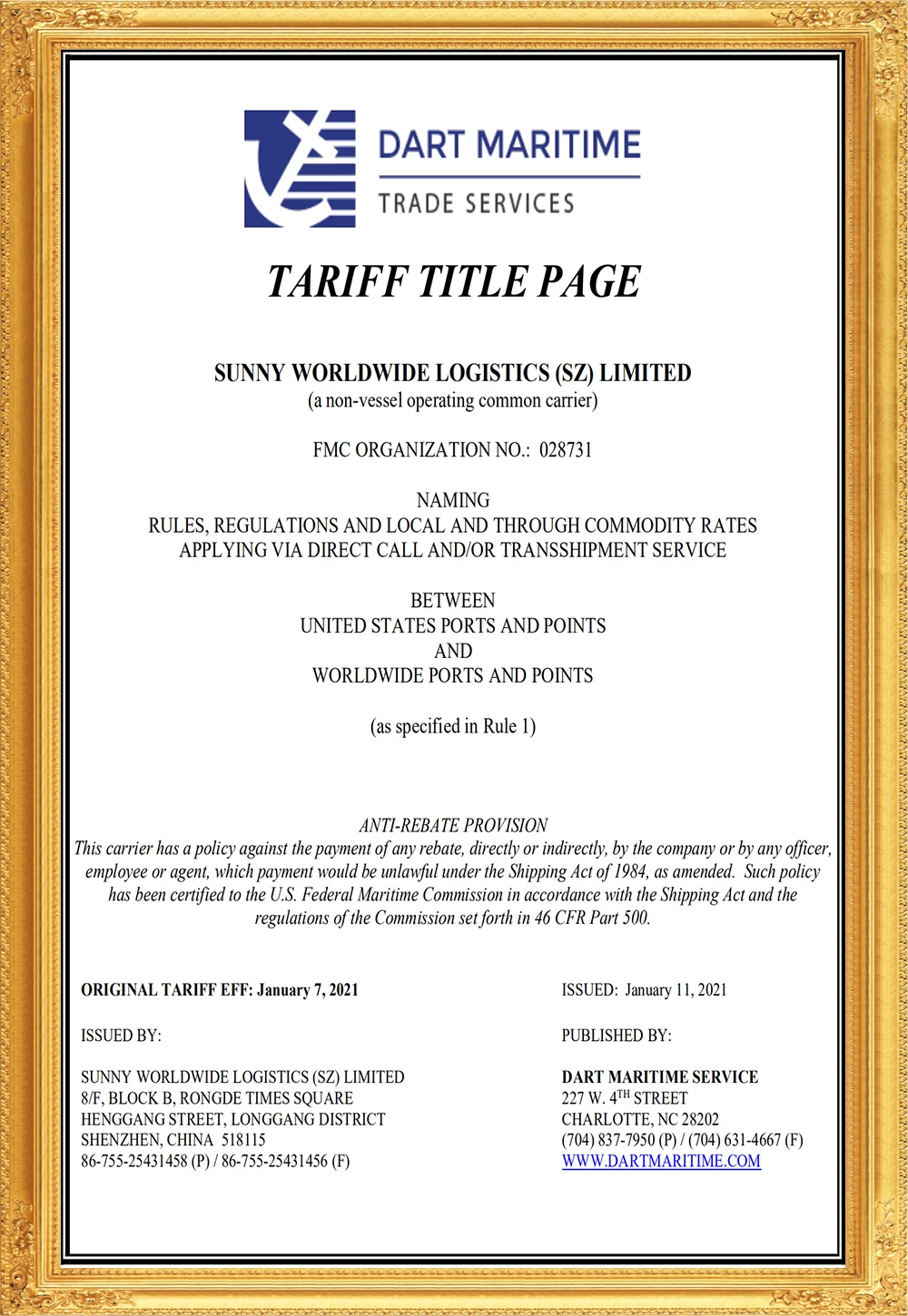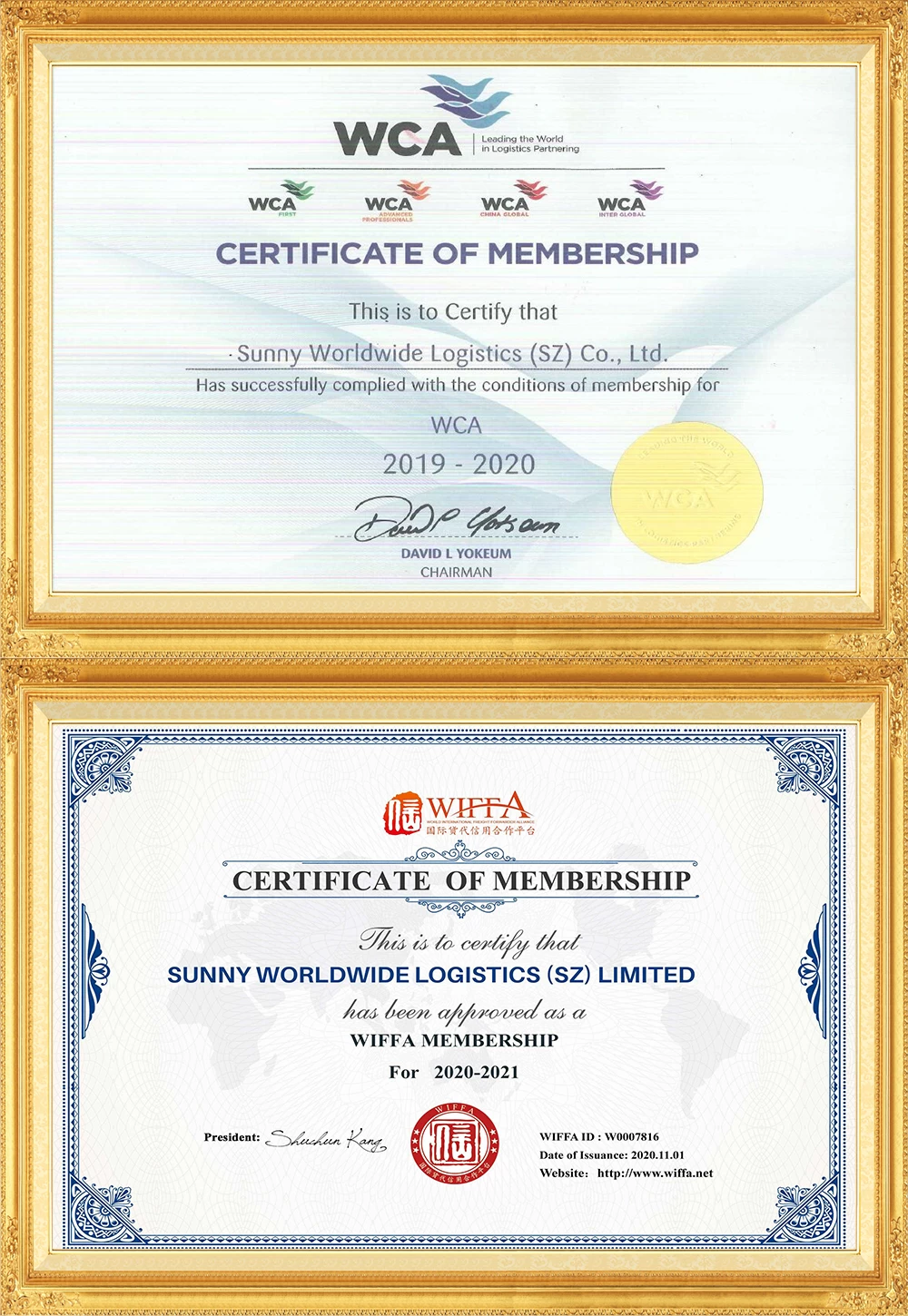Refuse to carry such goods! Shipping company: Implementation starts today!
Recently, two announcements issued by Maersk have begun to be implemented. Shippers and forwarders who have recently shipped goods to the UK and South America East Route can pay attention to policy changes.
Maersk: Such cargo will be refused carriage
Maersk recently issued an announcement announcing that it will implement a new "No Advance Manifest - No Load" policy in the UK starting from March 15, 2024.
This policy states that all booking requests without complete manifest information submitted in advance will be refused loading.
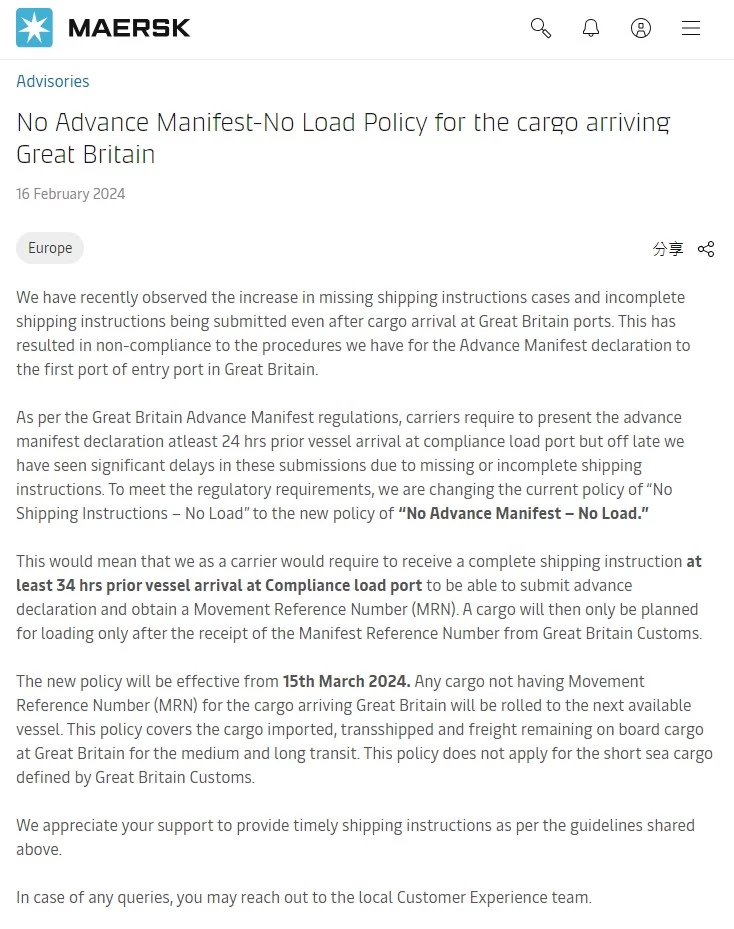
Recently, Maersk has noticed an increase in shipments arriving at UK ports with missing or incomplete shipping instructions. This resulted in it breaching the procedures for declaring advance manifests to the UK's first port of entry.
Under UK pre-manifest regulations, carriers are required to submit a pre-manifest statement at least 24 hours before the vessel arrives at a qualifying loading port.
However, Maersk discovered significant delays in the submission of these documents due to missing or incomplete shipping instructions. In order to meet regulatory requirements, Maersk decided to adjust the existing policy and upgrade the original "no shipping instructions - no loading" policy to the "no advance manifest - no loading" policy.
Under the new regulations, Maersk, as a carrier, is required to receive complete shipping instructions at least 34 hours before the vessel arrives at a complying loading port, allowing sufficient time to submit declarations in advance and obtain a shipping reference number (MRN). Maersk will only plan to load the relevant cargo after successfully obtaining a manifest reference number from UK Customs.
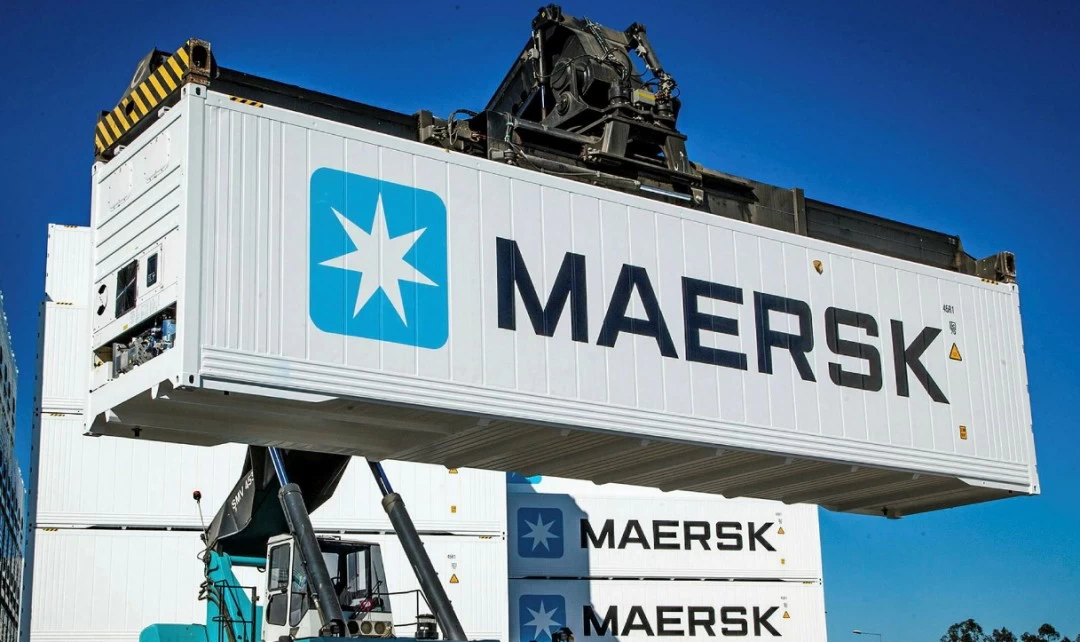
The new regulations will officially take effect on March 15, 2024. At that time, any cargo arriving in the UK that has not been issued a Transport Reference Number (MRN) will be arranged to be transferred to the next available vessel.
It should be noted that this provision applies to goods imported and transshipped in the UK, as well as remaining goods on board for medium and long-distance transport, but does not apply to short-distance seaborne goods defined by British Customs.
Maersk stated that this policy adjustment is intended to ensure the accuracy and completeness of cargo information, improve transportation efficiency, and better meet the regulatory requirements of British Customs. At the same time, the company also calls on customers to actively cooperate and submit complete manifest information in advance to ensure the smooth transportation of goods.
Maersk announces peak season surcharge
Maersk announced on March 11 that it will charge a Peak Season Surcharge (PSS) for the East Coast route from Asia to South America, which will be valid from March 15 to March 31.
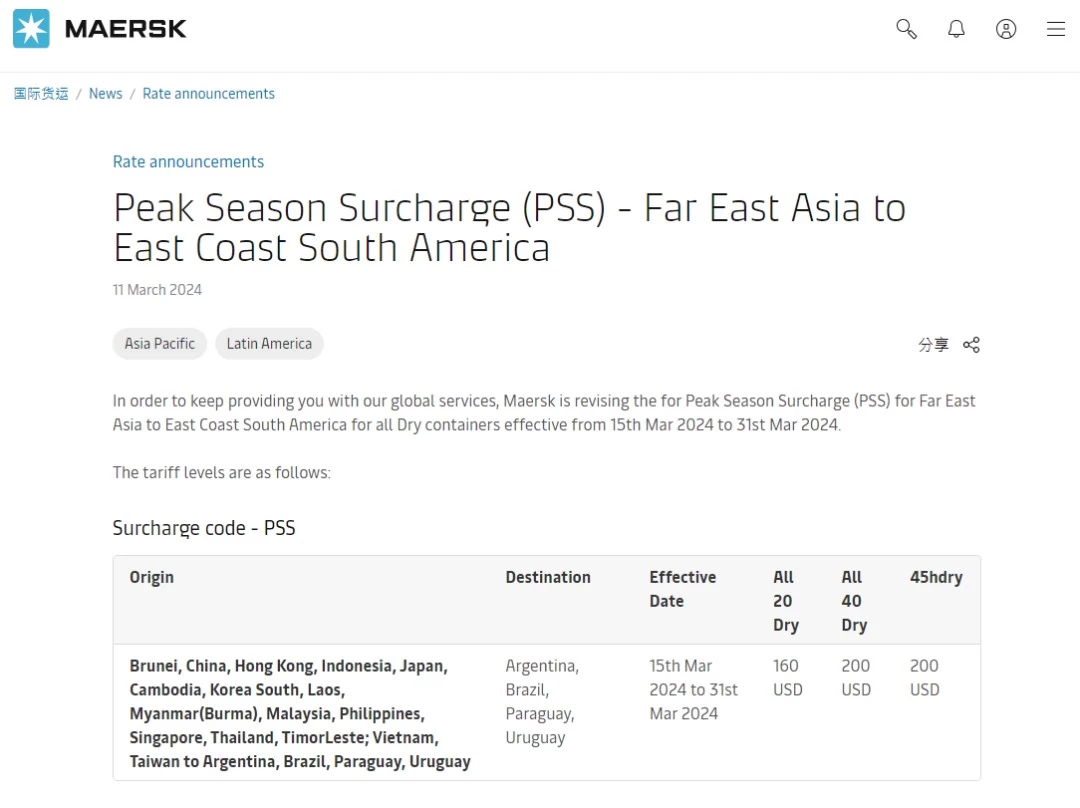
The markets involved this time include: from mainland China, Hong Kong, Taiwan, Brunei, Indonesia, Japan, South Korea, Cambodia, Laos, Myanmar, Malaysia, Philippines, Singapore, Thailand, East Timor, Vietnam to Argentina, Brazil, Paraguay ,Uruguay.
The charging standard is: 20-foot dry box USD 160/box, 40-foot dry box and 45-foot high box USD 200/box.
Maersk resumes bookings at this important port
In addition, on March 13, Maersk issued a notice on its official website stating that it had resumed accepting new bookings to and from Port Sudan.
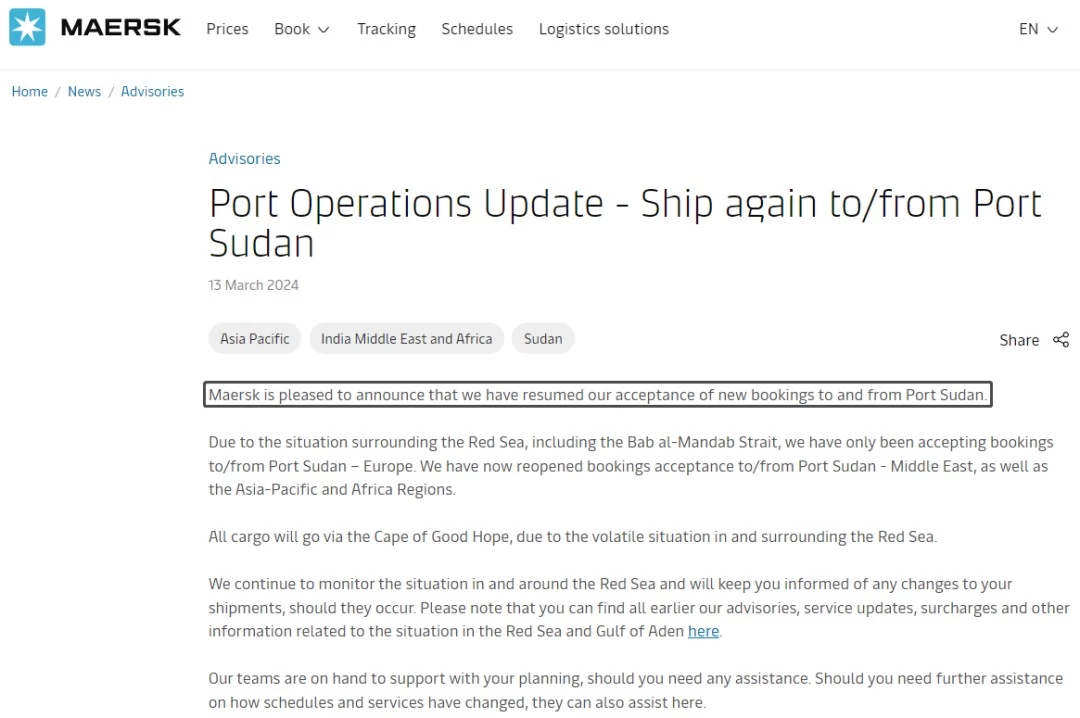
Due to the situation around the Red Sea (including the Bab el-Mandab Strait), Maersk has only been accepting bookings for flights to and from Port Sudan - Europe. Maersk is now back to accepting bookings to and from Port Sudan - Middle East, Asia Pacific and Africa.
Due to the unrest in and around the Red Sea, all cargo will be transshipped via the Cape of Good Hope.
Maersk will continue to pay attention to the situation in the Red Sea and surrounding areas, and will promptly notify customers and related parties of any changes.
It is understood that Port Sudan is Sudan's seaport and the capital of the Red Sea Province. It is located on the west coast of the Red Sea and has a population of 207,000 (1983). The port is responsible for 95% of the country's exports and 90% of its import transportation tasks, exporting cotton, gum arabic, peanuts, sesame, livestock products, etc.
Sunny Worldwide Logistics We has already signed contracts with three major international shipping companies and have FOB, CIF and DDP service to worldwide via sea and air with 26 years. Welcome to try an order.


